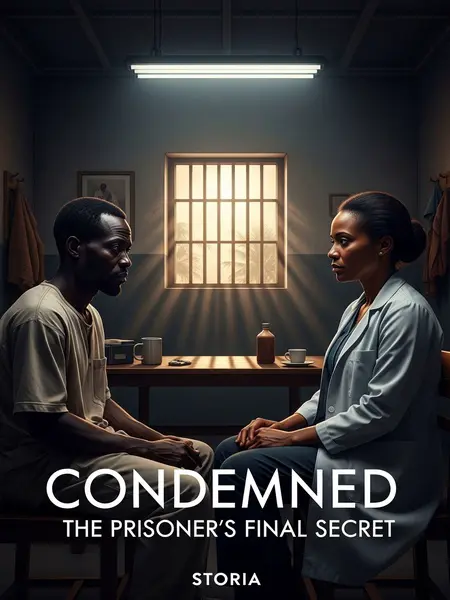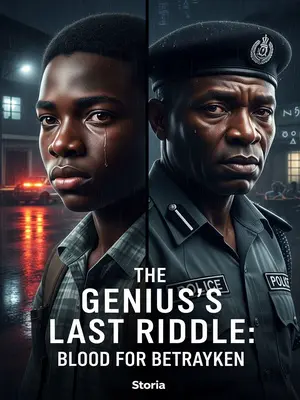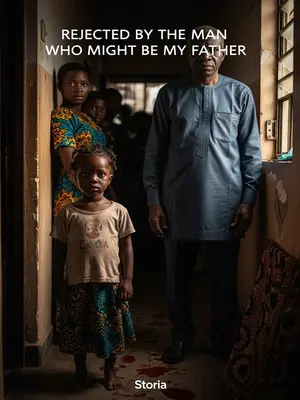Chapter 2: Condemned Block
The next day, Ifedike was moved to the condemned block. As the counselor, I had to follow him.
The condemned block is a place where time crawls. The cells are always cold, the air thick with prayers and regrets. The corridor smells of bleach, fear, and sometimes, the faint scent of ogiri and beans drifting in from the kitchen far away. No one jokes here. Even the warders’ voices drop low, as if afraid to disturb the spirits that hover above these rooms.
Before execution, prisoners are allowed to see family. But Ifedike was an orphan with no family. Nobody ever visited him, and now there was no one to say goodbye.
The only person he ever kept in touch with was a male friend called Uche Madu. They exchanged letters every two months.
All inmate letters must be checked to make sure the content is okay. Ifedike’s letters were just ordinary greetings, asking about the other person’s family, and the replies were detailed. There was nothing clearly wrong, but there was a subtle closeness, not quite like ordinary friends.
The way he asked about Uche’s mother’s health, the little jokes he tucked in, the way he sometimes described the weather as if hoping Uche could feel it too—all these small details made the mailroom girls exchange quick looks, whispering sharp-sharp in Igbo. There are bonds that live in the space between words.
The mailroom staff speculated and came to a surprising conclusion.
But this close friend, Uche Madu, never came to visit.
The most recent reply was different—it was written by Uche’s wife. She had noticed something and wrote to ask who Ifedike was.
That’s how we found out Uche had just married. We guessed that was the reason for Ifedike’s sudden breakdown.
Now, shackled, Ifedike dictated a final letter to Uche. It was still just a normal greeting, with one extra line: “No need to reply.”
With two hours left before execution, I went to give Ifedike his last talk.
Ifedike looked refined, almost like a lecturer, but the knife scars and burn marks on his face gave him a fierce look.
He sat straight in the middle of the cell, looking unusually calm.
Even the toughest prisoners, at this stage, usually regret and cry bitterly, but Ifedike gave me the feeling that he simply would not die.
I said, “Ifedike, there are two hours left. You need to prepare your mind. Is there anything you want to say?”
Ifedike replied, “I’m about to die, and you’re still worried about my mental health? That’s not necessary.”
“This is just a humanitarian concern,” I answered, even though I felt like he truly didn’t need it.
“Dr. Folarin, I heard you were a top student in criminal psychology, but now you’re just doing this. Isn’t that a waste of talent?”
I was short of words. I remembered my old lecturer at UNILAG saying, "Book knowledge no dey reach ground if your heart no strong." Maybe this is what he meant.
Ifedike continued, “I’ve also studied psychology. Real psychology isn’t as useless as this.”
I followed his lead. “So, the psychology you studied—what is it good for?”
“You want to know?” He paused, then said with meaning, “I’m about to be shot. Everything will turn to dust—such an ending is really meaningless. But I still want to struggle a bit. Is there any way I can change this boring ending?”
“You still want to overturn the verdict?”
“How about I tell you a story, Dr. Folarin.”
I nodded. “That’s your right. I’m listening. But there’s not much time.”
A small, cold breeze slipped in under the door, raising goosebumps on my arm. I leaned against the wall, arms folded, notebook ready but knowing I would write nothing down.











